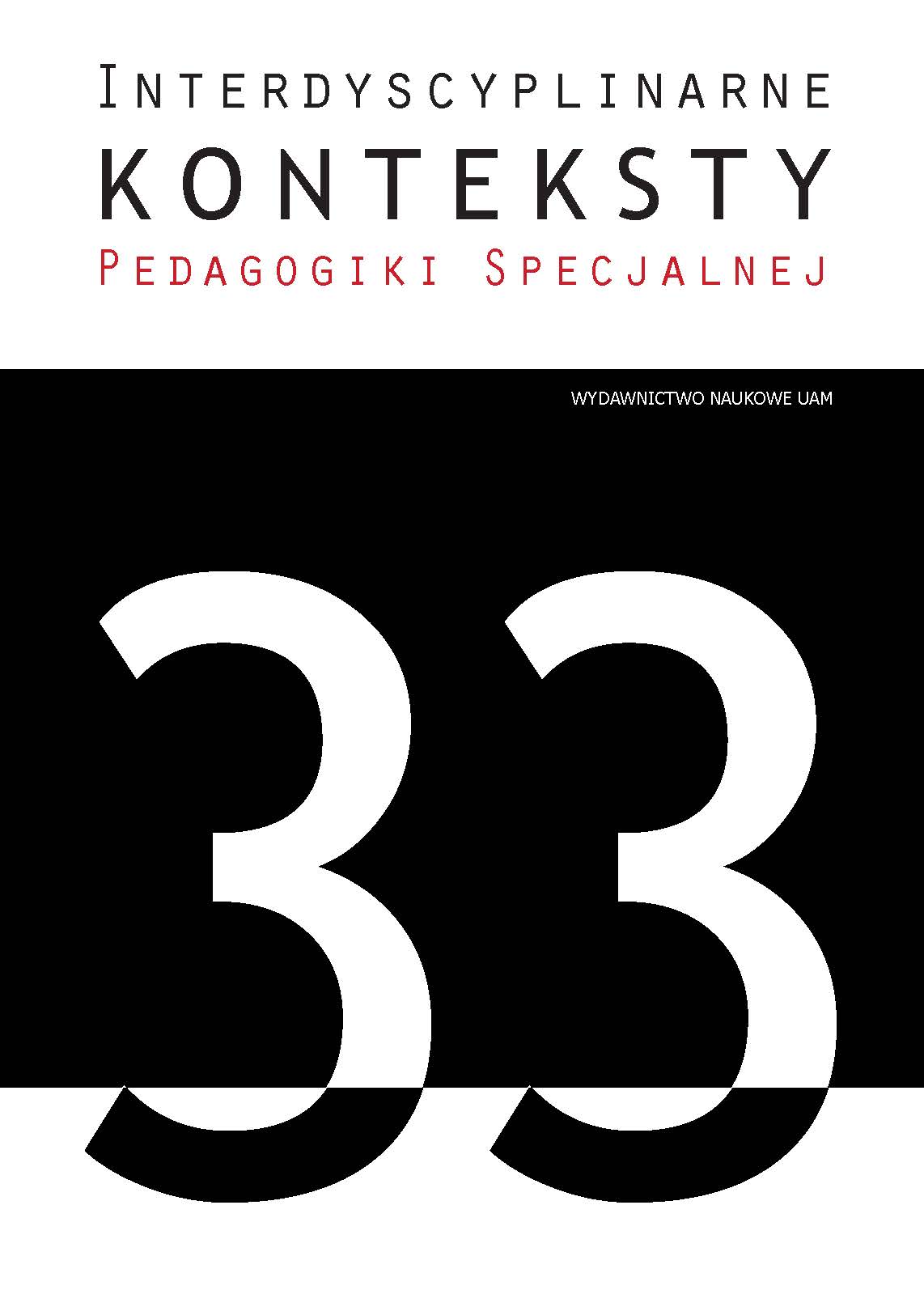Ewentualna przydatność procedur uniwersalnych w pracy z grupami podwyższonego ryzyka. Na przykładzie recepcji programu profilaktycznego „Smak życia, czyli debata o dopalaczach”
Usefulness of universal procedures at work with high-risk groups on the example of a reception of a preventive programme called “The Taste of Life: A Designer Drugs Debate”
Author(s): Krzysztof A. WojcieszekSubject(s): Substance abuse and addiction, Health and medicine and law
Published by: Uniwersytet im. Adama Mickiewicza w Poznaniu
Keywords: prevention; high risk group; new psychoactive substances (NPS); universal scenario;
Summary/Abstract: Researchers of the behavior of adolescents from the so-called high-risk groups suggest that due to the high level of problem behaviors (e.g. drinking alcohol, smoking, drug use, violence) the most appropriate preventive work is the harm reduction approach, especially in the case of borderline behaviors such as alcohol use (Pisarska, Bobrowski, Greń, Ostaszewski, 2019: 343). Applying this type of strategy to illegal behavior such as drug use, especially NPS (the so-called legal highs) seems to be a bit more problematic.Meanwhile, the results of research on the reception (process evaluation) of the “Taste of Life Debate” preventive program scenario indicate that selected universal procedures, intended for young people with an average level of risk, can be successfully used in work with young people at risk, as long as they relate to behavior that is not normative in the social sense (such as using NPS). The work is a short comparison of evaluation results in the universal group and in the high-risk group.
Journal: Interdyscyplinarne Konteksty Pedagogiki Specjalnej
- Issue Year: 2021
- Issue No: 33
- Page Range: 33-48
- Page Count: 16
- Language: Polish

